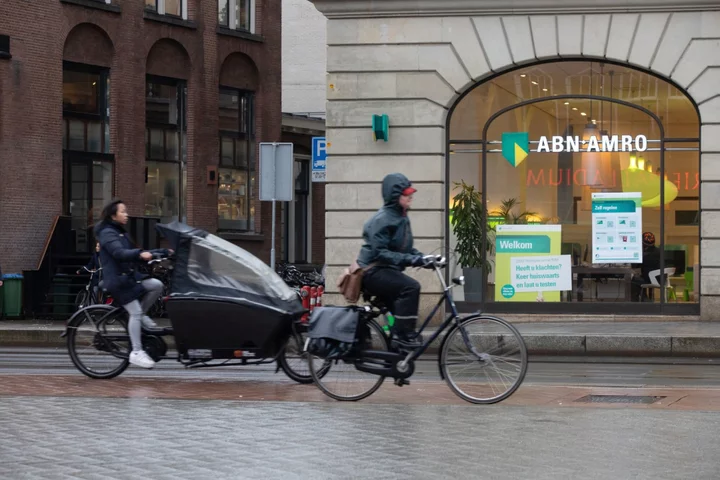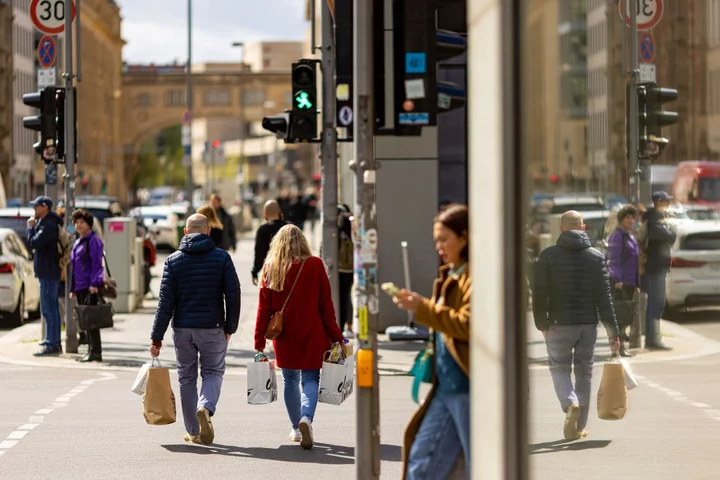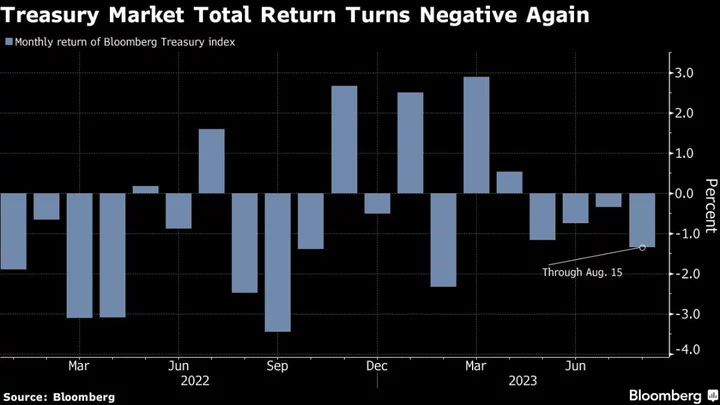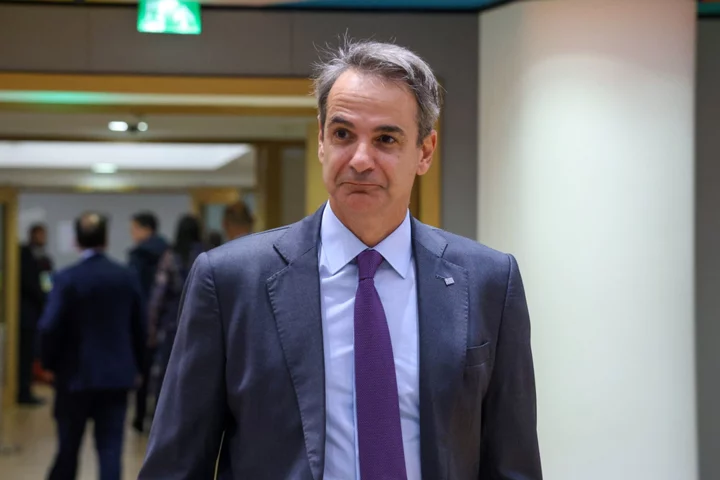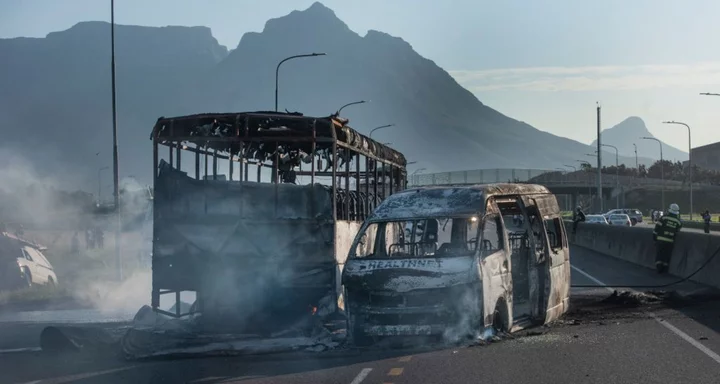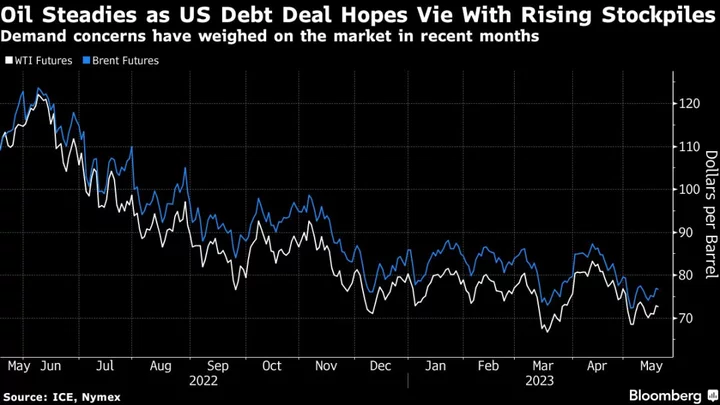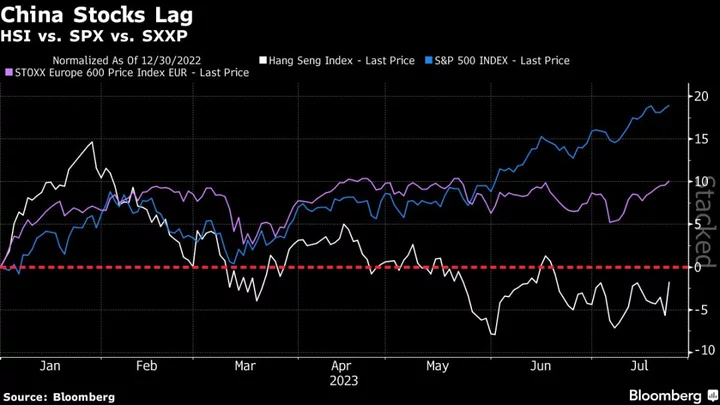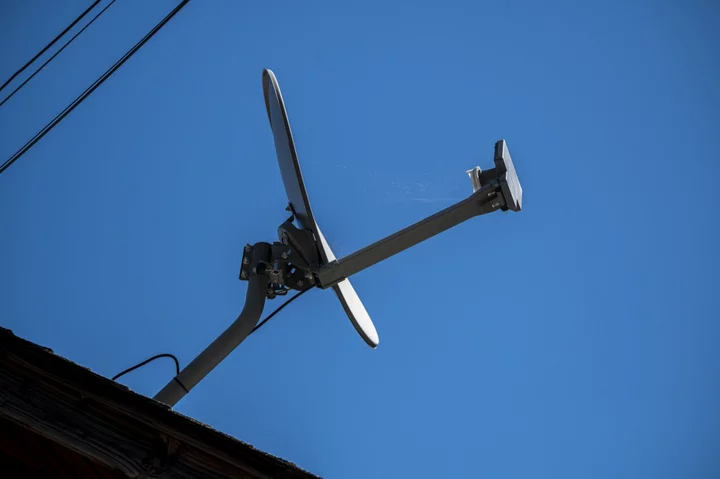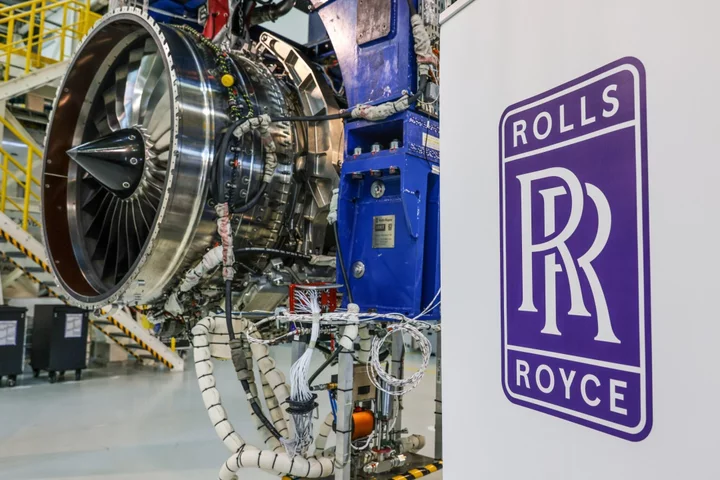The rescue of ABN Amro Bank NV during the financial crisis has set the Dutch state back by €6.7 billion ($7.1 billion), the finance minister estimated, showing the costs to taxpayers of bank bailouts.
The current value of the government’s 49.5% stake in the lender is insufficient to recoup the total investments made so far, Finance Minister Sigrid Kaag said in a letter to parliament published on Monday evening. ABN Amro’s share price would need to more than double to €28.74 from the present level of about €13.5 for that to happen.
The Netherlands bailed out ABN Amro at the height of the financial crisis in 2008, costing Dutch taxpayers €21.7 billion at the time. ABN Amro re-listed in November 2015 and the state sold a 23% stake in the offering. The government subsequently began a gradual exit from the lender through share disposals, and it recently cut its holdings in the bank to below 50% for the first time since the bailout 15 years ago.
Read More: ABN Moves Closer to Private Ownership as Government Resumes Sale
ABN Amro shares were trading up 2.2% at 10:31 a.m. in Amsterdam.
It is “not realistic” to wait for ABN Amro’s share price to hit the level which would enable the government to sell the stock without incurring a loss, Kaag said in the letter.
“The state is not an investor and therefore does not make risky investments if it does not serve the public interest,” she said. “Waiting for years in the hope of achieving a higher yield is therefore undesirable.”
The Dutch government’s recent sale of ABN Amro shares resulted in proceeds of about €842.3 million. The state also received €281.3 million from ABN Amro’s share buyback program this year.
Kaag wrote that ABN Amro came into government’s hands to safeguard the stability of the financial system and “not as an investment to earn a return.” She said that NLFI, the body that holds the government’s stake in the bank, found that ABN Amro’s share price was in line with that of its peers and therefore did not hinder the sales program.
It’s unlikely the government will announce another share sale anytime soon after Prime Minister Mark Rutte’s coalition government collapsed in July. That has put a hold on any major decision making ahead of an election scheduled for next month.

